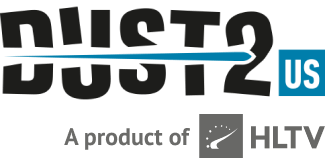
moses talks about shox's departure
In a Twitter thread yesterday, former Liquid coach and current caster, Jason 'moses' O'Toole talked about the conditions that Richard 'shox' Papillon had to live in while playing for Liquid, and posited some of the reasons that his performance was not up to par for the cross-continental roster.
He is not the only figure in the scene talking about these issues. Over the past few years, as the North American scene has deteriorated, many have pointed to the struggles caused by an intense travel schedule and burnout. As the center of CS:GO has shifted more and more European, teams are forced to spend more time in the old continent if they want to keep up with the ever-developing meta. North American teams now have to spend an extended amount in Europe not just for the meta as well, but also just to participate in high-tier tournaments.
 Also read: daps: "I want to create a good team environment where everyone in the team can trust each other again"
Also read: daps: "I want to create a good team environment where everyone in the team can trust each other again"In the past two years, there has been only one international LAN hosted in North America, the recent IEM Dallas tournament. However, even this was not received without criticism as the event happened mere days after the PGL Stockholm Major finished. Frankly, the travel schedule is impossible for North American teams.
After, for example, IEM Katowice, a European team can take a break and all go home for a small break with minimal time wasted. All their players can play EU FPL on their downtime, and generally, still all play together on the same server if necessary. An American team, on the other hand, would have to spend two full days on travel across the Atlantic (which isn't free, mind you), and adjust to the large time zone discrepancy as well. Then, they must play on the inferior NA FPL to maintain their sharp reactions. If they have the unfortunate reality of living across the coasts, then the players can't even be on the same server without high ping either.
So, you see North and South American teams like Liquid and GODSENT taking extended boot camps in Europe, staying outside the Americas for months at a time without seeing their family or friends. And if this wasn't enough, shox is a Frenchman playing on an NA team, which adds yet another layer of complication to his situation. During the team's breaks, he lives many time zones apart, surely not conducive to an effective team environment.
There is no easy solution to the problem. Hosting more events in North America might help, but if the packed schedule isn't fixed alongside, then teams will just be flying around the world week after week, arguably worse than the current situation. ESL and other organizers are trying to bridge the gap between North American and European CS through initiatives such as ESL Challenger League, but that hasn't solved the issue yet. The difficulty stems from the fact that CS:GO is a global esport. Everybody deserves to have CS:GO at their doorstep, and we all love watching the best of the best play each other at incredibly produced events.
The tight schedule absolutely contributes to burnout and stress, as we saw through the implosion of the back-to-back-to-back Major winning Astralis roster. North American teams are finding it harder than ever to compete on an international stage, but they still make it work. Despite the struggles that we face, there are currently three North or South American teams in the top fifteen, a good result considering the difficulties that moses has outlined. Before you lambast Liquid for yet another milquetoast roster move, consider the options. When Ilya 'm0nesy' Osipov was on the market, he specifically ruled out Liquid since he did not want to be on a North American team. It's a tough time. Be excellent to each other.
Also read



















